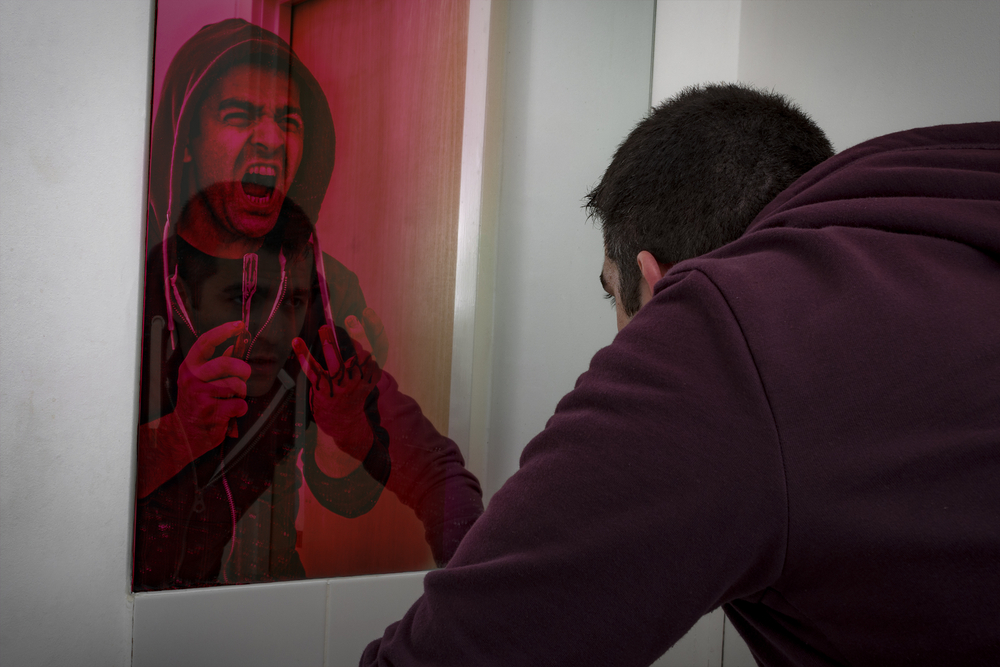Contents:
- Medical Video: Is schizophrenia the same as multiple personality disorder?
- Is it true that people with schizophrenia have two personalities?
- Multiple personality leads to other conditions, not schizophrenia
Medical Video: Is schizophrenia the same as multiple personality disorder?
Ever watched a movie called "Love and Mercy"? One of the famous films in the 80s tells of a schizophrenic patient. Schizophrenia is a mental disorder that makes it difficult for a person to distinguish the real and imaginary worlds.
When an attack appears, people with this condition will see and hear something that really isn't there. Changes in the behavior of people with this condition when an attack occurs make a few people think that schizophrenic patients have two personalities.
Is it true that people with schizophrenia have two personalities?
Schizophrenia is a mental disorder that causes a person to be unable to distinguish between imagination and reality. In addition, people with this condition are also difficult to think clearly, their memory is weak, and it is difficult to understand something.
Quoted from Psychology Today, a 2008 survey conducted by the National Alliance on Mental Illness (NAMI) showed that as many as 64 percent of people who experienced symptoms of schizophrenia felt that they had two or more personalities. Even though they believe this, the fact is that this understanding is completely untrue.
Schizophrenia actually leads to problems with sensory receptors (senses) in the brain, not affecting one's personality. Everything you see, touch, hear, and feel is processed in the brain by special cells called sensory receptors.
This receptor receives information from the senses such as vision, hearing, and touch. Then, the information is delivered to your brain in the form of a signal. Unfortunately, people with schizophrenia experience errors in receiving signals in the brain. As a result, hallucinations will occur and trigger someone to act or do something. Changes in behavior that occur does not indicate that the patient has a multiple personality, but the body's response to the emergence of hallucinations.
Multiple personality leads to other conditions, not schizophrenia
Schizophrenia involves various problems with thinking, behavior, and emotional abilities. Symptoms of schizophrenia can be mild and severe, depending on the severity of the condition and the treatment received by the patient. Some symptoms of schizophrenia that may occur, include:
- Hallucinations (seeing and feeling something that really doesn't exist)
- Delusion (having beliefs that are not based on reality)
- Disturbed in expressing themselves and showing emotions
- Not able to think well and clear
- His motor skills are disrupted, such as strange posture or excessive movement
Among all the symptoms that appear, there is no sign that the patient will experience personality changes. Multiple personality actually leads more to dissociative disorders (dissociative identity disorder).
Dissociative disorders are characterized by two or more personalities which alternately dominate a person's behavior. Usually the most vulnerable occurs in people who have severe past trauma. Although multiple personalities are not a symptom of schizophrenia, the problem of the brain that is problematic can get worse.
Without treatment, schizophrenia can cause other mental illnesses such as depression, anxiety disorders, obsessive compulsive disorder (OCD), even dissociative disorders.
Although there are still many people who label schizophrenia patients as "crazy people", this should not hinder the patient's treatment process. All symptoms of schizophrenia can be managed by taking medication and taking therapy. In addition, support from family and people around the patient is also needed to support the recovery of patients.













